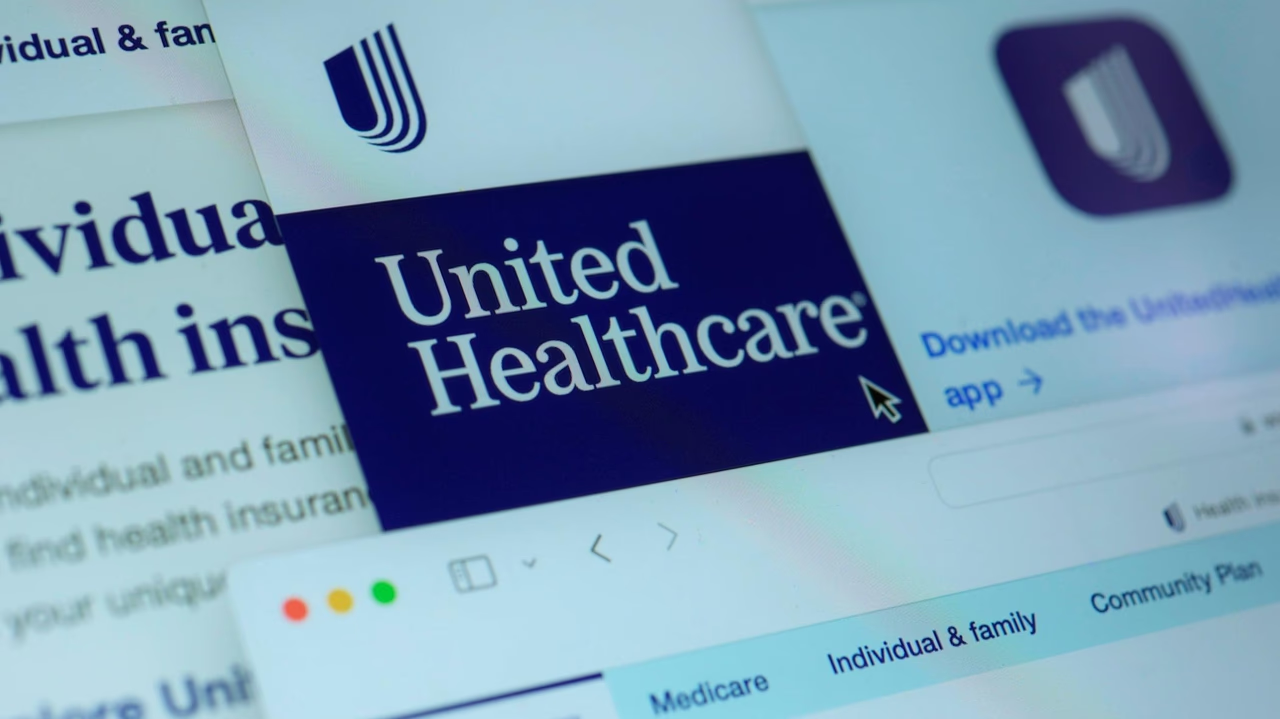UnitedHealthcare in New York settled for $1 million after failing to cover required birth control, violating state law by denying coverage and imposing unnecessary barriers for patients seeking contraceptive care.
UnitedHealthcare Settles $1 Million Case Over Birth Control Coverage Denial in New York
According to the Audacy, UnitedHealthcare in New York has agreed to settle a case with the Office of the Attorney General by paying $1 million for not covering birth control as required in its health plans. The issue came to light when a patient in Brooklyn complained about being denied coverage for oral contraceptives under UnitedHealthcare’s Oxford health plan. This violated New York’s law that ensures contraceptive coverage without any cost to patients, including no copays or delays.
The patient’s appeal to get coverage was turned down, and they were asked to go through extra steps like getting prior approval or trying other treatments first. These obstacles meant the patient couldn’t get their birth control on time, which goes against New York’s laws protecting reproductive health. New York Attorney General Letitia James stressed that birth control is crucial for millions of people’s daily health and that denying coverage could lead to serious health issues.
READ ALSO: $8,250 Student Loan Forgiveness Sparks Outrage: Democratic Rep.’S Social Media Post Ignites Debate On Fairness Of Biden’s Student Loan Relief Policies-Check It Out!

$1 Million Penalty: UnitedHealthcare Settles with New York AG for Failing to Provide Required Birth Control Coverage – Check it Now! (PHOTO: Newsweek)
UnitedHealthcare’s $1 Million Settlement Includes Reimbursements and Training on Birth Control Coverage
As part of the settlement, UnitedHealthcare not only has to pay the $1 million penalty but also needs to reimburse all the money patients paid out of pocket for birth control since June 1, 2020. They will also add interest to these reimbursements. UnitedHealthcare must train its staff to follow New York’s laws on reproductive health care to prevent similar issues in the future. This settlement shows how important it is for health insurance companies to comply with state laws and ensure that people get the health care they need without unnecessary obstacles.
READ ALSO: $148 Billion Student Loan Burden: California’s SLE Network Aims To Empower 4 Million Borrowers With Free Resources And Support!

















































